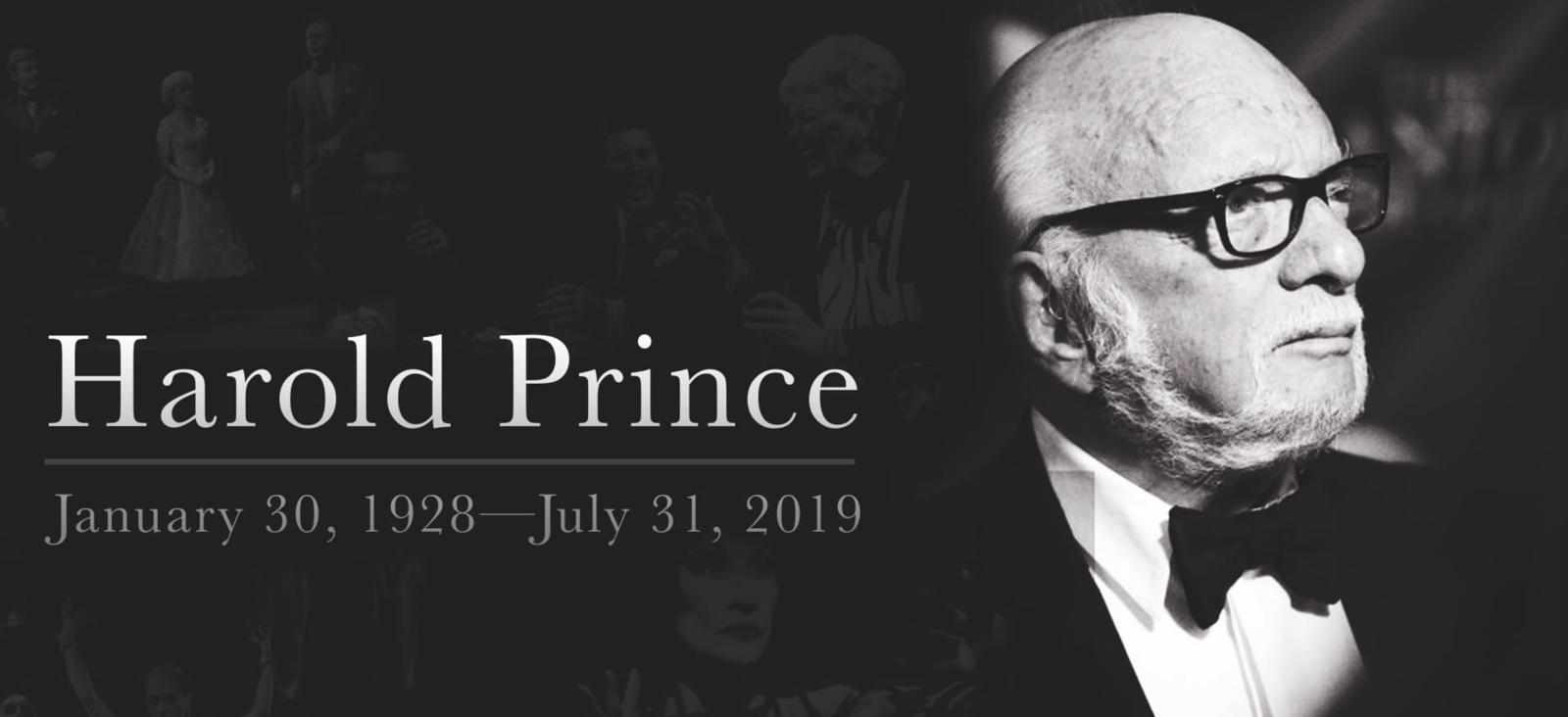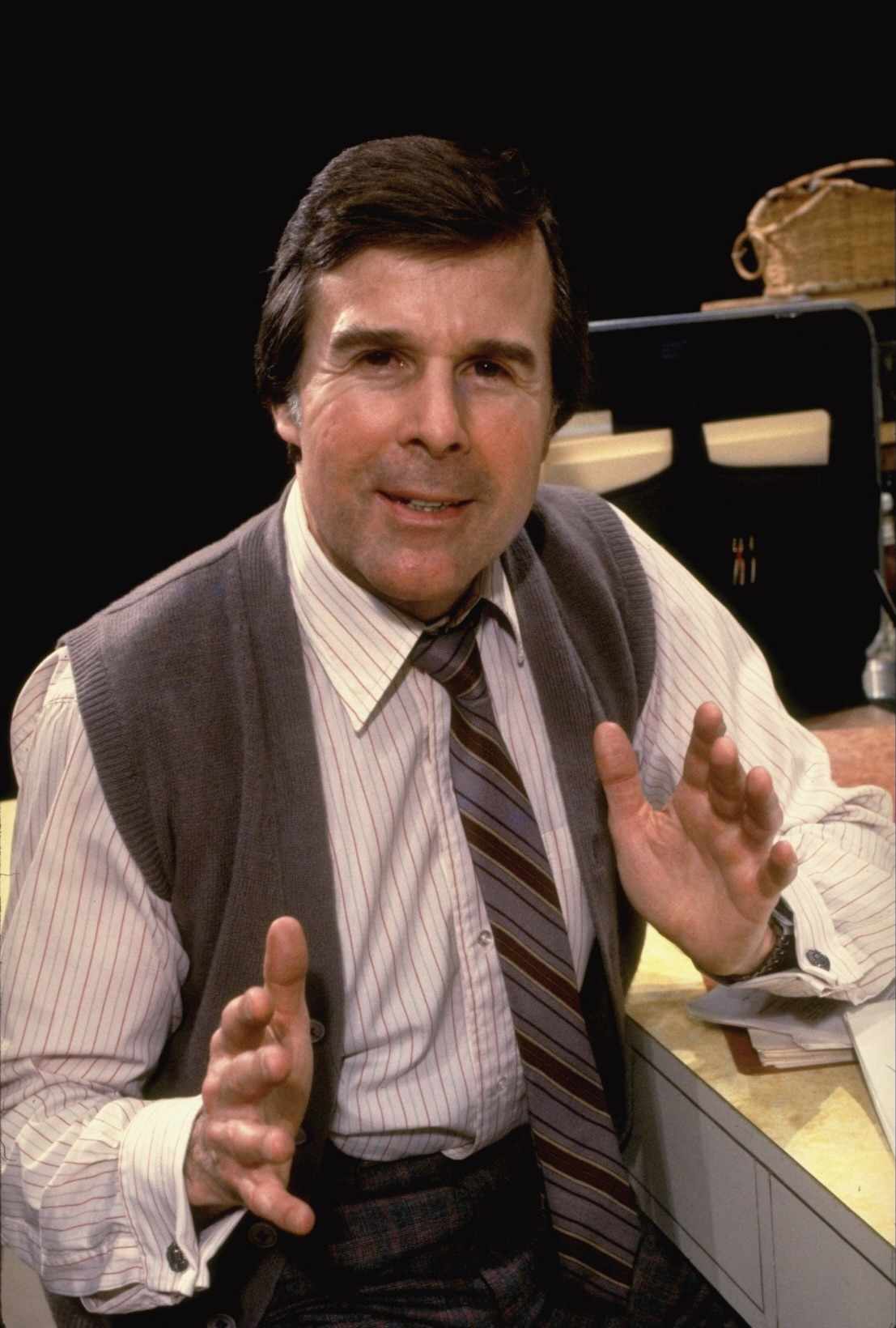
When we left off yesterday at Part One (I guess I can try and make this into a cliffhanger like the comic strip on which it was based), the creatives behind Annie were getting ready to regroup and recast for a move to Broadway. Would a musical set in the Depression Era 1930s and based on fifty-year-old cartoon characters speak to an audience in post-Watergate America 1977? Would a song like "Tomorrow," with its impassioned optimism, strike out or strike a chord?
Spoiler alert: it was the latter.
Having gotten mixed notices in its Connecticut run at the Goodspeed Opera House, any fears Annie would remain an orphan were dashed when Mike Nichols swooped in Daddy Warbucks-like and agreed to parent its Broadway production. Producing theatre for the first time, Nichols made sure its $800,000 budget was raised (quickly) and, with his skilled talents as a play doctor, supervise both major and minor procedures, tightening things as well as any Park Avenue cosmetic surgeon.
And what did Annie's director and co-lyricist Martin Charnin think about this? Surely the fear that his authority might be usurped gave him a sleepless night or two, but (again, spoiler alert) Nichols respected Charnin at the helm and, though offering suggestions, he did not unilaterally come in and take over the reins. Not at all. In fact, in his autobiography Put on a Happy Face, Charles Strouse, the show's composer states unequivocally that Martin Charnin "directed every word and note in Annie." Supported as well by the show's book writer, Thomas Meehan said about Nichols that "when he became producer, he came to the first rehearsal in New York and said, 'I'm going to be the kind of producer I always want when I'm directing. Goodbye! You rehearse it and I'll see you in Washington.' And we never saw him."
And Charnin agreed. "He was a terrific producer. He gave us notes in Washington. Some of them worked. Some of them didn't. Part of the reason that this show got on was because of a name... Mike's name. That made it work."
One of Nichols' suggestions that contributed mightily to Annie's success was the casting of an old friend Dorothy Loudon as Miss Hannigan (she had been on the bill years earlier at The Blue Angel on the Upper East Side when Nichols was performing with his then-partner Elaine May). Previously played by an actress who didn't mine anything close to the comic potential with which Loudon would strike gold, Miss Hannigan gave this underappreciated actress the one thing that had eluded her throughout her career: a hit. Annie was fifteen years after she made her Broadway debut in the one-week flop Nowhere to Go But Up, but as with that show, she was always the best thing in whatever she did (prior to Annie, her sole Best Actress Tony nomination was for The Fig Leaves Are Falling, a show that closed in four days). Surprisingly, Loudon did not leap at the chance to audition for Annie, even though she hadn't worked in two years. “There’s an old saying," she told the New York Times. "‘Never be in a show with kids, dogs or an Irish tenor... and this show had all three." But Loudon's husband persuaded her to give it a shot and the rest was kismet.

Once rehearsals began, bit by bit, Loudon started to make Miss Hannigan her own. She added laughs, yes, but also some sympathy, too. Audiences ate it up and though she nearly set the show off-kilter (it is after all a supporting role) the Tony nominators put her in the same category as Andrea McCardle in the title role. When the entire Tony membership voted for Best Actress in a Musical, it was Loudon who came up the winner and made a heartfelt and hilarious speech, met by some one of the wildest sustained ovations ever:
Of course the song "Tomorrow" became an anthem, as widely performed as "New York, New York" or "There's No Business Like Show Business." Tina Fey, most definitely obsessed with Annie, worked "Maybe," "It's a Hard Knock Life" and "NYC" into various 30 Rock episodes. And naturally, a wide variety of artists have recorded and performed songs from Annie. Who can forget Jay-Z's rap rendition of "A Hard Knock Life" from 1998? But for pure kitsch, it's hard to top this video with Debbie Reynolds and Liberace shamelessly hamming it up at the time the show was the biggest hit on Broadway:
Annie proved to be the right musical at the right time. Its reviews were raves and met by even better word of mouth and box office. The fine theatre historian Ethan Mordden points out in his book Broadway Musicals of the 1970s that Annie (unlike the discoveries made via the originality of that decade's Chicago, A Chorus Line and the five Sondheim titles), was a re-discovery. "What's wonderful about it," Mordden writes, "is not that it made history, but that it didn't have to."
I recall vividly when seeing it a month into its run back in 1977 thinking how I hadn't seen a show like it in years. A throwback to the great musicals from the 1950s and 60s, it felt like a classic right there in the theatre while I was watching it because it emulated and pulled off what shows like The Pajama Game and How to Succeed had accomplished, both of which I did in high school. Catchy score, witty book, fun (even if a bit over-the-top) characters, and tremendous heart.
And speaking of heart, the person whose idea it was from the start and who paid for the rights to musicalize the comic strip with his own money, was Martin Charnin. He was much the heart and soul of Annie that by the time he passed away in July 2019 at age eighty-four, he had directed close to twenty touring productions over a forty year period. "But still my favorite is the first one," Charnin recalled. "My second favorite is the one I saw my daughter in, in high school. She was one of the orphans."

One last contributor to Annie's success and longevity was Bill Berloni. Fortuitous timing had him apprenticing at age nineteen in the summer of 1976 while the show was trying out. A theatre major at Central Connecticut State University, he performed odd jobs as every good volunteer does in the hopes of learning something that might put them on the path to becoming an actor. One day, Berloni got an offer from Martin Charnin that would give him his Equity card and get him into the union (a dream for any aspiring actor) if he could manage to find and train a dog to play Sandy. Quickly finding a mutt at a local animal shelter and saving him from being destroyed, Berloni also discovered a previously unknown hidden talent. Not only did he train the dog he named Sandy, he went on to put every Sandy into the show over the next six years, as well as most of its touring productions, becoming the most sought after trainer in the business over the next four decades. Honored with a special Tony Award in 2011 for his service to the theatre, Bill Berloni has left a lasting legacy.
When it closed in 1983 after nearly six years and having played four Broadway houses — talk about being orphaned — Annie was in seventh place on the longest-running musicals list. By then, the Broadway company and the various national companies had grossed more than $200 million, with profits reported then to have already exceeded $20 million (safe to assume with many, many more productions since, the gross has gone way beyond that).
Oliver Warbucks would have been proud.
If you enjoy these columns, check out Up in the Cheap Seats: A Historical Memoir of Broadway, available at Amazon.com in hardcover, softcover and e-book. And please feel free to email me with comments or questions at Ron@ronfassler.org.






















Write a comment ...